Join our list
Subscribe to our mailing list and get interesting stuff and updates to your email inbox.
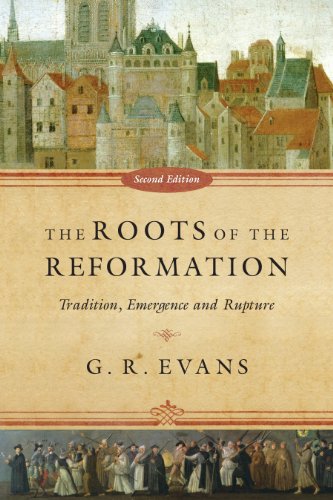 Author(s): G. R. Evans
Author(s): G. R. EvansPublisher: IVP Academic
Price: $2.99 (Aug 12-13)
Renowned historian G. R. Evans revisits the question of what happened at the Reformation. Contravening traditional paradigms of interpretation, Evans charts the controversies and challenges that roiled the era of the Reformation and argues that these are really part of a much longer history of discussion and disputation. Evans takes up several issues, such as Scripture, ecclesiology, authority, sacraments and ecclesio-political relations, and traces the shape of the charged discussions that orbited around these through the patristic, medieval and Reformation eras. In this, she demonstrates that in many ways the Reformation was in considerable continuity with the periods that preceded it, though the consequential outcome of the debates in the sixteenth century was dramatically different.
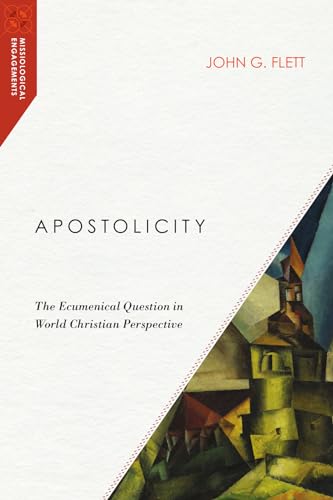 Author(s): John G. Flett
Author(s): John G. FlettPublisher: IVP Academic
Price: $2.99 (July 29-30)
What constitutes the unity of the church over time and across cultures? Can our account of the church’s apostolic faith embrace the cultural diversity of world Christianity?
The ecumenical movement that began in the twentieth century posed the problem of the church’s apostolicity in profound new ways. In the attempt to find unity in the midst of the Protestant-Catholic schism, participants in this movement defined the church as a distinct culture—complete with its own structures, rituals, architecture and music. Apostolicity became a matter of cultivating the church’s own (Western) culture. At the same time it became disconnected from mission, and more importantly, from the diverse reality of world Christianity.
In this pioneering study, John Flett assesses the state of the conversation about the apostolic nature of the church. He contends that the pursuit of ecumenical unity has come at the expense of dealing responsibly with crosscultural difference. By looking out to the church beyond the West and back to the New Testament, Flett presents a bold account of an apostolicity that embraces plurality.
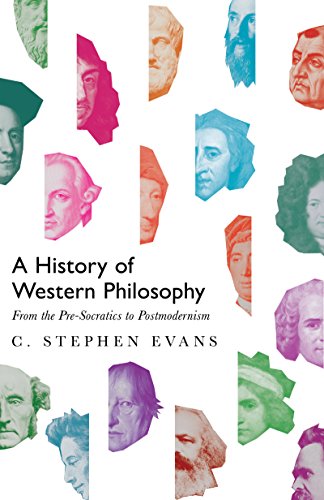 Author(s): C. Stephen Evans
Author(s): C. Stephen EvansPublisher: IVP Academic
Price: $2.99 (July 22-23)
Plato. Aristotle. Augustine. Hume. Kant. Hegel.These names and the philosophies associated with them ring through the minds of every student and scholar of philosophy. And in their search for knowledge, every student of philosophy needs to know the history of the philosophical discourse such giants have bequeathed us.Noted philosopher C. Stephen Evans brings his expertise to this daunting task as he surveys the history of Western philosophy, from the Pre-Socratics to Nietzsche and postmodernism—and every major figure and movement in between.
 Author(s): Mark R. Lindsay
Author(s): Mark R. LindsayPublisher: IVP Academic
Price: $2.99 (July 15-16)
“He chose us in Christ before the foundation of the world . . .”
Among the traditional tenets of the Christian faith is the belief that God chooses or elects people for salvation. For some Christians, such an affirmation is an indication of God’s sovereign and perfect will. For others, such a notion is troubling for it seems to downplay the significance of human agency and choice. Throughout the church’s history, Christians have sought to understand the meaning of relevant biblical texts and debated this theological conundrum.
With care and insight, theologian Mark Lindsay surveys the development of the Christian doctrine of election. After exploring Scripture on this theme, he turns to the various articulations of this doctrine from the early church fathers, including Augustine, and medieval theologians such as Aquinas, to John Calvin’s view, the subsequent debate between Calvinists and Arminians, Karl Barth’s modern reconception of the doctrine, and reflections on election in the shadow of the Holocaust.
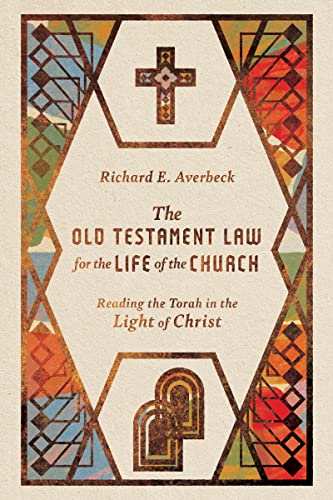 Author(s): Richard E. Averbeck
Author(s): Richard E. AverbeckPublisher: IVP Academic
Price: $2.99 (July 1-2)
From the early days of the church to the present, the Old Testament Law has been a subject of much confusion, debate, and outright theological division. And with good reason: the way Christians understand the Law has massive implications for their individual lives and for the life of the church. To sort through the numerous interpretations and approaches to this thorny issue, we need to start with a solid knowledge of the Law itself.
Richard Averbeck provides a comprehensive, accessible discussion of how the Law fits into the arc of the Bible and its relevance to the church today. Beginning with the way God intended the Law to work in its original historical and cultural context, he then explores the New Testament perspective on the Law. Averbeck identifies three biblical theological theses: the Law is good, the Law is weak, and the Law is a unified whole. Rejecting common partitions between categories of law, he makes the case that the whole Law applies to the Christian. Our task is to discern how it applies in the light of Christ.
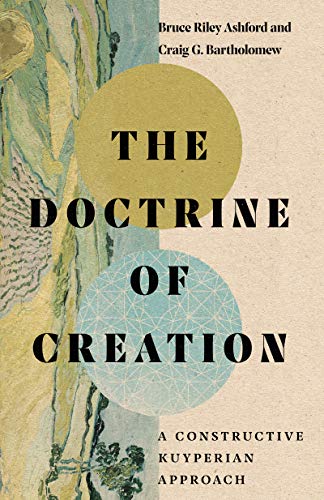 Author(s): Bruce Riley Ashford & Craig G. Bartholomew
Author(s): Bruce Riley Ashford & Craig G. BartholomewPublisher: IVP Academic
Price: $2.99 (June 24-25)
Christianity Today Book Award
ECPA Top Shelf Book Cover Award
Apart from the doctrine of God, no doctrine is as comprehensive as that of creation. It is woven throughout the entire fabric of Christian theology. It goes to the deepest roots of reality and leaves no area of life untouched. Across the centuries, however, the doctrine of creation has often been eclipsed or threatened by various forms of gnosticism. Yet if Christians are to rise to current challenges related to public theology and ethics, we must regain a robust, biblical doctrine of creation.
According to Bruce Ashford and Craig Bartholomew, one of the best sources for outfitting this recovery is Dutch neo-Calvinism. Abraham Kuyper, Herman Bavinck, and their successors set forth a substantial doctrine of creation’s goodness, but recent theological advances in this tradition have been limited. Now in The Doctrine of Creation Ashford and Bartholomew develop the Kuyperian tradition’s rich resources on creation for systematic theology and the life of the church today.



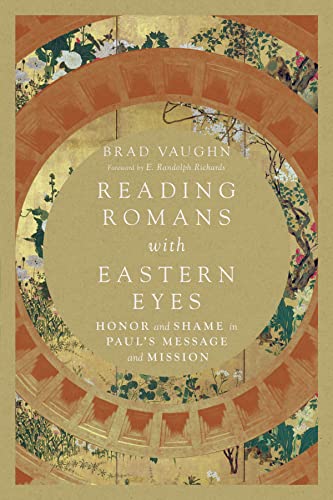 Author(s): Brad Vaughn
Author(s): Brad Vaughn